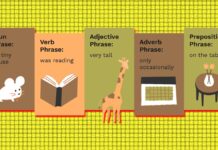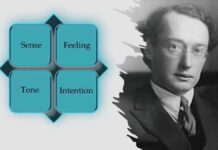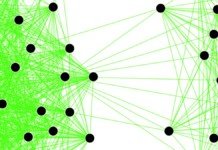Language is an integral part of our society and the way we live our lives. It is an irreplaceable aspect of every culture, and it helps make us unique as individuals. For these reasons, it is important to learn and understand the long and detailed history and theories of psycholinguistics.
The term ‘psycholinguistics’ is a combination of psychology and linguistics. Both are branches of science. Psychology is defined as the systematic study of human experience and behaviour or as the science that studies the behaviour of men and other animals. Psycholinguistics is thus, the study of human language –language comprehension, language production, and language acquisition.
Relationship between psychology and linguistics can be seen from behaviourist psychology in which a language activity is considered as a part of human behaviour; and from cognitive psychology in which acquiring/learning and using a language are considered as cognitive processes.
Psycholinguists study how word meaning, sentence meaning, and discourse meaning are computed and represented in the mind. They study how complex words and sentences are composed in speech and how they are broken down into their constituents in the acts of listening and reading. In short, psycholinguists seek to understand how language is done.
In general, psycholinguistic studies have revealed that many of the concepts employed in the analysis of sound structure, word structure, and sentence structure also play a role in language processing. However, an account of language processing also requires that we understand how these linguistic concepts interact with other aspects of human processing to enable language production and comprehension.”
Two branches of philosophy are also discussed in this relation -nativism (Schopenhauer) or rationalism (Descartes) and empiricism (John Locke). The former is used by nativist/rationalist and the latter is used by empiricist. The nativist claims that individual development is much influenced or determined by innate factors; the rationalist claims that all knowledge derives from the human mind; he believes that the mind is the only source of knowledge. Thus, the ability to speak a language is genetically transmitted. For rationalists, Descartes, for instance, the mind is more active in gaining knowledge; human’s perception of the external world rests upon several ideas. These ideas are innate and not derived from experience and are sometimes said to be inherent in the human’s mind.
In the human mind, there is a ‘little black box’ which is then called ‘Language Acquisition Device’ (LAD). LAD refers to inborn or innate ability. Noam Chomsky is one of the supporters of rationalism in studying a language, in which he develops what is TG Grammar, among other things, he differs competence and performance (langue and parole in Ferdinand de Saussure’s term). Also, he differs two kinds of language structures: deep and surface structures.
Whereas, the empiricist believes that all knowledge derives from experiences or socio-cultural environment. John Lock believes that a newborn child is like tabula rasa; it is something like a piece of white paper on which we can make a drawing or picture or something in a written form. He learns everything from his environment. He learns a certain language from his parents, family and environment. This philosophical thought influences much on behaviourists’ thought.
The empiricist admits the existence of LAD in a human’s mind, but it is then considered as a ‘potential seed’ that has to be developed and nurtured in an appropriate place: a social community. A child can acquire language he has adequate physical and cognitive endowment and because he grows up in a speech community. A child from birth is well equipped to perceive human speech but takes several years to learn to correctly produce the speech sounds of his language. As has been stated above, a newborn child is equipped with a language acquisition device and it is supported by physical apparatus (called speech organs) enabling him to produce speech sounds (E.g., phones).






























Hi madam ur post are excellent, congrats..